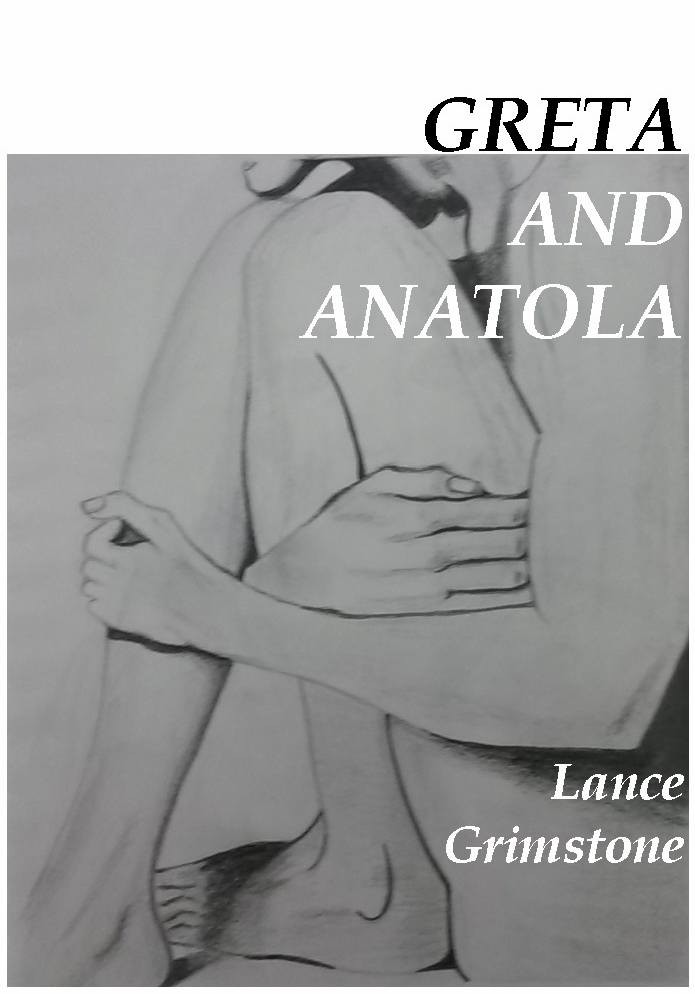
Greta Cullins opened the door to a whole new life when Anatola Tolshmakov arrived on her doorstep in October, 1936. The youngest of four children to Stewart and Heather Cullins, the managers of Goondiwindi sheep station, Greta had entered the world at the height of WW1, a welcome distraction from the dreadful telegrams telling of southern Queensland sons that weren’t retuning from Flanders. At the same time, eight-year-old Anatola was on the run with her parents, Evgeny and Natala. The Communists who overran Saint Petersburg had no love for associates of the dethroned Romanovs, especially a colonel in Nicholas II’s elite guard.
Despite her father’s direct lineage from the First Fleeters, Greta never got to enjoy the lofty heights of the squattocracy. The Great Depression took care of that. Her friends were more likely to be the children of shearers, drovers and butchers, and her conversations held in the brash vernacular of working class Australians. Yet it was one of these friends who betrayed her trust and raped her. While Liam Maguire escaped to pursue his union career and communist ideals, she was swallowed by the derision, humiliation and forced adoption that must be endured by an unmarried mother. Art became Greta’s salvation, delving into the unique majesty of the female form.
After their mad flight into the Ural Mountains, Anatola’s father had been embraced by the pro-Czarist resistance fighters, and revolution became civil war, one that would outlast WW1 and thrust her family deep into exile in China. Shanghai’s safe haven sank into poverty, discrimination and bigotry from their Chinese hosts and the sizeable English trading bloc. Anatola understood that Cornelius Pike’s status assured his immunity from his crude attempt to rape her. Her only solace was in the arms of Lien Giang, an eye-catching artisan of Chinese watercolours, their liaison broken by the Sino-Japanese war and the family’s need to escape to Singapore and thence Australia.
Art was to be the salve to soothe their bruised souls when it brought them together on that doorstep; enough to tap their sensuality, the importance of living, and bond them through the next world war…